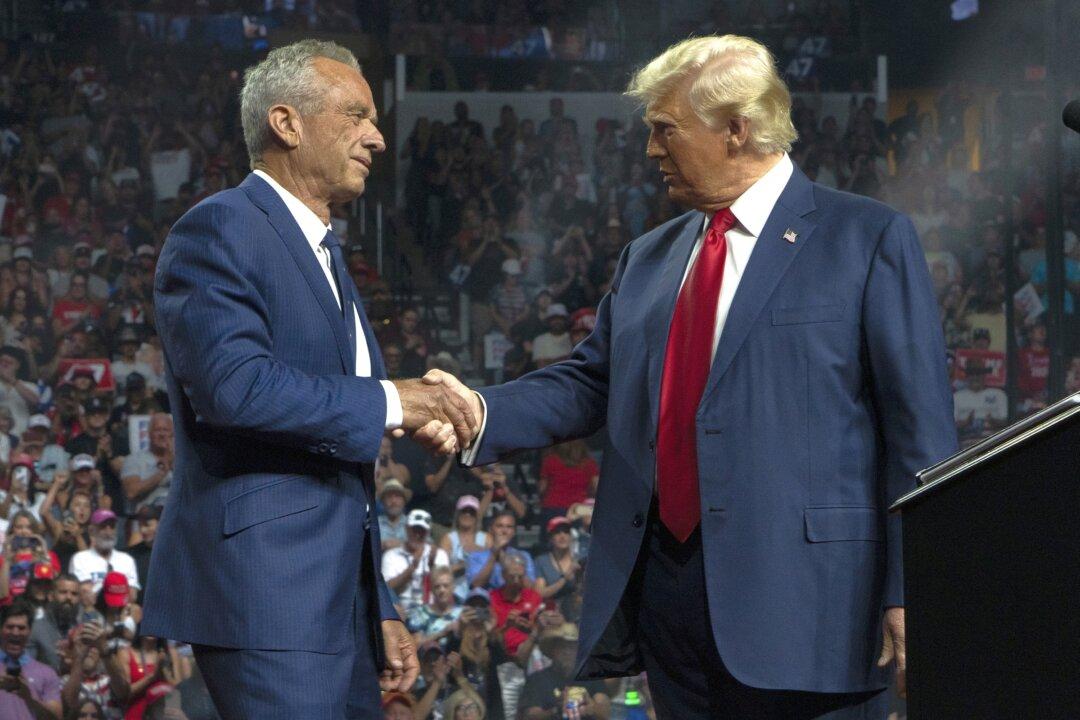Commentary
The surprise coming together of Donald Trump and Robert F. Kennedy Jr. (RFK) has led to a fascinating twist in the issues now on the table. Suddenly we are hearing about the public health crisis in America, including obesity, chronic diseases, and the possible causal links to chemical-laden food and an overreliance on pharmaceuticals. They both pledge to change this problem.





